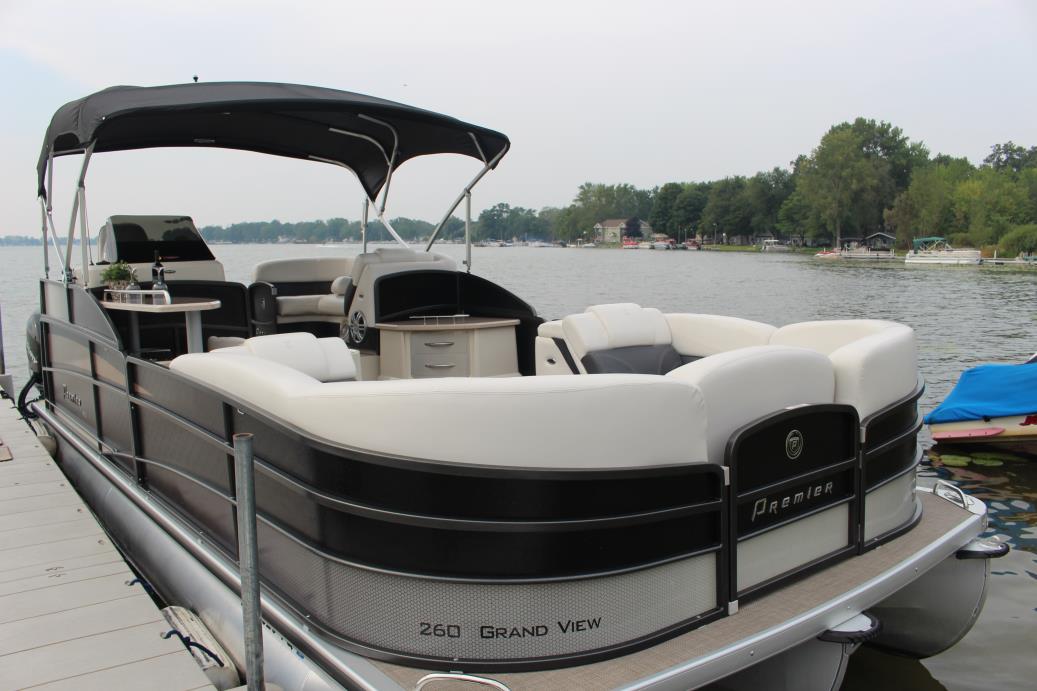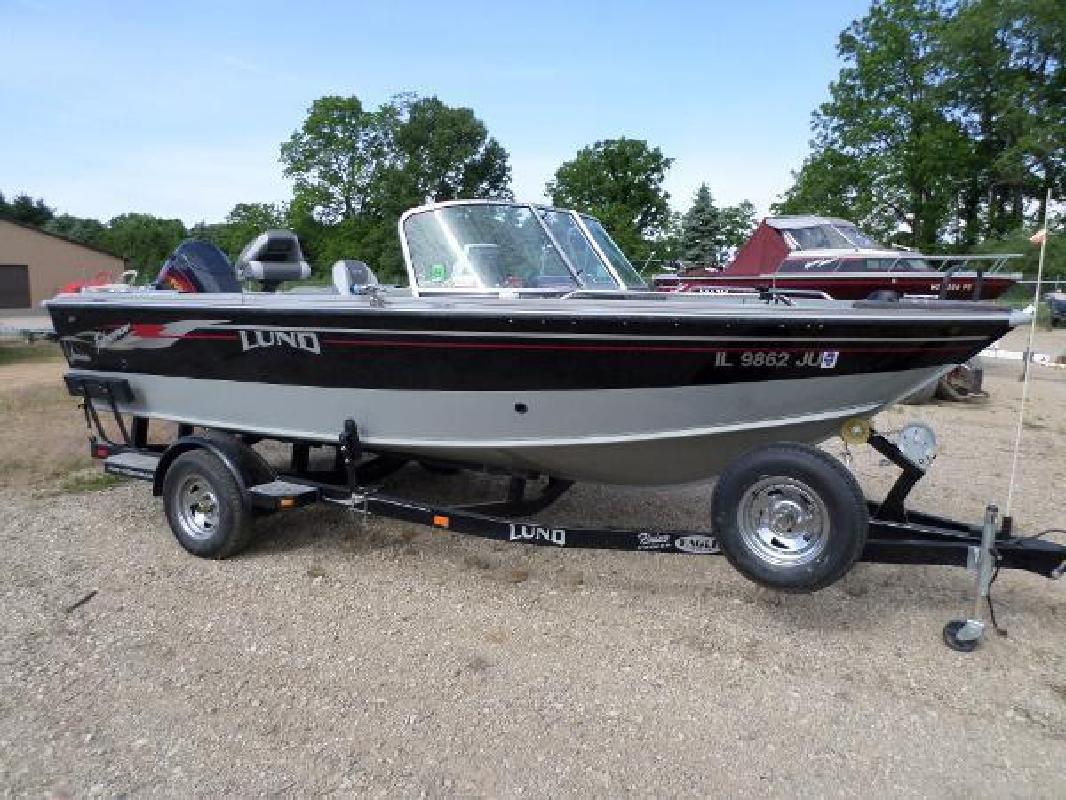Boats For Sale Kalamazoo Mi – It is subjective, shaped by cultural norms, individual preferences, and the evolving standards of various industries. Second-hand markets also promote the idea of a circular economy, an economic system that focuses on reducing waste and reusing products. It is only through diligent research that a buyer can truly determine whether the business is worth the asking price. These platforms allow users to browse listings, communicate with sellers, and make purchases from the comfort of their own homes. They remind us that, despite living in a world where everything is for sale, there are some things that remain priceless. While the online second-hand market has flourished, traditional thrift stores and second-hand shops continue to play an important role in the buying and selling of pre-owned goods. The culture of buying second-hand goods is rapidly shifting in the modern world, particularly among younger generations. The “for sale” sign becomes a marker in time, a decision that has been made, signaling that it’s time to move on. In this digital age, it often feels like there’s no such thing as privacy anymore, and that’s because we’ve essentially agreed to sell pieces of ourselves in exchange for recognition, affirmation, or even money. We are all participants in a vast, interconnected economy, one that doesn’t just involve physical goods but extends to ideas, relationships, and even identities. Are there things that should be kept beyond the realm of trade? Or has the marketplace — with its insatiable demand and promise of exchange — seeped into every facet of our being?
If everything is for sale, then the concept of value itself becomes fluid, subjective, and often manipulated. These platforms allow buyers to browse listings, access detailed business profiles, and initiate contact with sellers, all from the comfort of their own home. When people buy second-hand items, they are extending the life cycle of those goods, which means fewer products end up in the trash. Influencers sell their attention, their opinions, their lives — all of it has become a form of commerce. The adage “you get what you pay for” rings especially true in the realm of quality goods. This typically involves drafting and signing a sale agreement, which outlines the terms and conditions of the transaction. For sellers, the market for second-hand goods offers an opportunity to declutter their homes and make some extra money. When consumers buy these goods, they are investing in both the product and the people behind it. The act of selling can be both a release and a renewal, a letting go that paves the way for something new and unknown. Online platforms also offer the convenience of searching for specific items, whether it’s a rare collector’s item, a particular brand of clothing, or a piece of furniture that fits a specific design style.

Pontoon Boats for sale in Kalamazoo, Michigan
Offer expires soonhot salessave nowcompare prices

1999 19' Champion Boats 191 DC Tournament for sale in Kalamazoo
Offer expires soonhot salessave nowcompare prices

20 Foot Pontoon Boat Boats for sale in Kalamazoo, Michigan
Offer expires soonhot salessave nowcompare prices

2004 Lund 1800 Fisherman Kalamazoo MI for sale in Kalamazoo, Michigan
Offer expires soonhot salessave nowcompare prices

16 Foot Aluminum Boat Boats for sale in Kalamazoo, Michigan
Offer expires soonhot salessave nowcompare prices

Tiara fishing boats For Sale in Kalamazoo, Michigan Used Tiara
Offer expires soonhot salessave nowcompare prices

1999 Bayliner 2252 Ciera Express Kalamazoo MI for sale in Kalamazoo
Offer expires soonhot salessave nowcompare prices

Boat Inventory Kalamazoo, MI D & R SPORTS CENTER
Offer expires soonhot salessave nowcompare prices

2001 22' Glastron Boats 225 GX for sale in Kalamazoo, Michigan All
Offer expires soonhot salessave nowcompare prices

2004 18' Glastron Boats 185 GX for sale in Kalamazoo, Michigan All
Offer expires soonhot salessave nowcompare prices
Whether it’s a car, a house, or a simple piece of furniture, there’s a process that unfolds. Many people find that buying second-hand furniture allows them to acquire high-quality pieces that are built to last, often with a level of craftsmanship that is hard to find in mass-produced furniture. Second-hand goods for sale are no longer seen as inferior or out-of-date, but rather as a conscious, stylish, and eco-friendly choice. Upcycling is a great way to make the most out of second-hand goods, adding both value and meaning to the items that are being repurposed. For example, an old wooden chair might be sanded down and refinished into a modern piece of furniture, or a vintage dress might be altered to fit a contemporary style. Whether through their durability, aesthetic appeal, or the values they embody, these products go beyond simple transactions. Many people continue to resist the notion that everything has a price, and they fight to reclaim what is meaningful and valuable in life. This pride comes not just from the product itself, but from knowing that you are supporting a tradition of craftsmanship and care. It is only through diligent research that a buyer can truly determine whether the business is worth the asking price. Books, records, and collectibles are also highly sought after in the second-hand market. A high-quality winter coat, for example, will keep you warm and dry through years of cold weather, offering comfort and protection that a cheaper, mass-produced coat cannot match. For buyers, the process typically starts with identifying a business that aligns with their interests, skills, and goals. For many, purchasing second-hand goods is not only a practical and affordable choice but also an environmentally conscious one. While the sale of a business can provide a valuable opportunity for both parties involved, it also carries risks. These platforms often provide tools that help streamline the due diligence process, including access to financial documents, business valuations, and other relevant data. Used bookstores, both physical and online, offer an extensive selection of pre-owned books, from contemporary novels to classic literature. It carries with it a deep sense of commodification — the idea that every part of our lives, every piece of our history, every corner of our existence, has a price attached to it. For some, selling a business is a proactive decision to move on to new ventures, while for others, the sale might be the result of external factors, such as market downturns, changing consumer preferences, or regulatory shifts. The most obvious benefit is the cost savings. This shift in mindset has contributed to a growing acceptance and even celebration of second-hand shopping, making it a mainstream activity that is not just about saving money but about making more thoughtful and responsible choices.
It is only through diligent research that a buyer can truly determine whether the business is worth the asking price. With the rise of online platforms and a growing cultural shift toward sustainability, the second-hand market continues to thrive, providing consumers with more options and opportunities than ever before. These brick-and-mortar stores offer a different shopping experience, one that is often characterized by the thrill of the hunt. Perhaps the most troubling aspect of the idea that everything is for sale is how it can shape the way we view the world and each other. The concept of “for sale” stretches beyond physical items. As technology continues to advance at a rapid pace, second-hand electronics can offer a way for consumers to keep up with the latest gadgets without breaking the bank. While buying and selling second-hand items can come with its challenges, the rewards—both financially and environmentally—make it a worthwhile pursuit for many people. A well-maintained, quality leather jacket may last a lifetime, whereas a low-cost alternative might only hold up for a couple of seasons. The growing appeal of second-hand goods is also tied to a growing awareness of environmental issues. As more people embrace the idea that everything has value, second-hand goods will continue to be a central part of the way
Quality goods for sale have always held a special place in markets around the world, captivating consumers with their promise of durability, performance, and timeless appeal. Thrifted clothing, vintage furniture, and pre-owned electronics are often seen as more authentic and unique than brand-new, mass-produced items. The truth is that the idea of quality is deeply rooted in the philosophy of craftsmanship, heritage, and trust, which explains why certain items, often categorized as quality goods, tend to be prized more than others, even when they may come with a higher price tag. The idea of buying things that were once owned by someone else is no longer considered taboo or lesser; rather, it has become a lifestyle choice for those who want to make smarter, more ethical purchasing decisions. The “for sale” sign becomes a marker in time, a decision that has been made, signaling that it’s time to move on. The possibilities are endless, and the result is often something more unique and personal than what could be bought new. Those who are born into privilege have the means to buy their way to the top, while others are left behind, forced to sell their time, energy, and even their dignity in order to survive. This is especially true in a world dominated by fast fashion, disposable electronics, and mass-produced products. By buying second-hand goods, consumers can feel good about supporting their communities and giving back to those in need. The business-for-sale market continues to evolve, influenced by economic trends, technological advancements, and shifts in consumer behavior, but one thing remains clear: buying and selling businesses will always be a fundamental part of the global economy. When a person creates something, they are offering a piece of themselves to the world, not for sale, but as a gift.